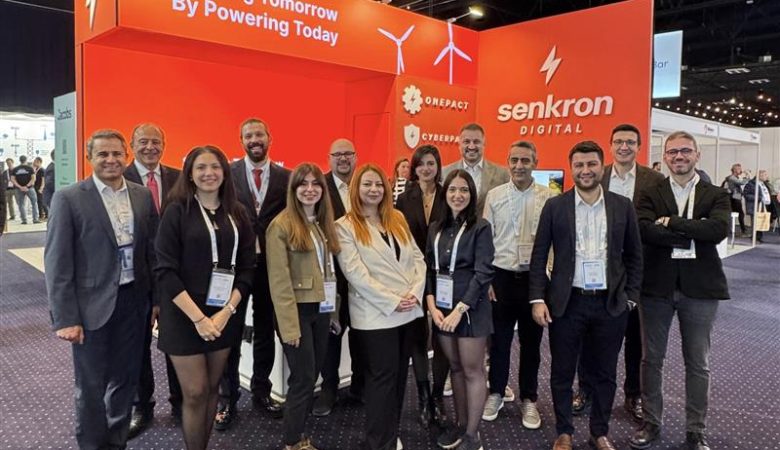A steep new import tariff on aluminium materials is pushing up the cost of crucial public works, including a key US project supplied by UK firm Surespan Limited.
Surespan Limited – a key supplier of industrial access solutions for U.S. infrastructure – now faces major cost pressures due to these tariffs, which took effect on March 12, 2025. One month later, with the tariffs still in place, those added costs are rippling through public projects with an urgent financial impact.
Community Projects Hit by Import Levy
Surespan, the only supplier capable of fulfilling the project’s technical specifications, now has no option but to incorporate the new tariff into its pricing. This has driven the project’s cost up by 30%, forcing officials to re-budget and consider whether cuts or tax hikes may be necessary to cover the shortfall.
“Our team at Surespan is committed to providing essential, high-quality components for American infrastructure. However, these tariffs create unavoidable cost pressures that are ultimately reflected in the price of public projects, placing a direct financial impact on the communities these projects serve,” said Robert Fletcher, Surespan’s Business Development Director.
The company is in regular contact with project leaders to explore cost-saving options, but as Fletcher explained, this kind of tariff functions like a built-in tax on public development—one that efficiency alone cannot overcome.
Strained Budgets, Delayed Projects
Industry reports now show that these tariffs are not just affecting one project—they’re increasing costs nationwide. From homebuilding to energy systems, contractors are seeing sharp spikes in material expenses. In turn, communities are feeling the effects through stalled upgrades, costlier services, or redirected public funds.
“Stakeholders in both industry and government are watching closely. The added $150,000 on a single project is a stark example of a nationwide trend: tariff-driven cost surges that ultimately hit the public wallet,” Fletcher said.
“As infrastructure needs grow and funding is stretched thin, the pressure is on to address how trade policies are impacting the very communities they aim to protect. We are urging media and policy leaders to scrutinise these developments, as the true cost of tariffs becomes increasingly clear in towns and cities across America.”




